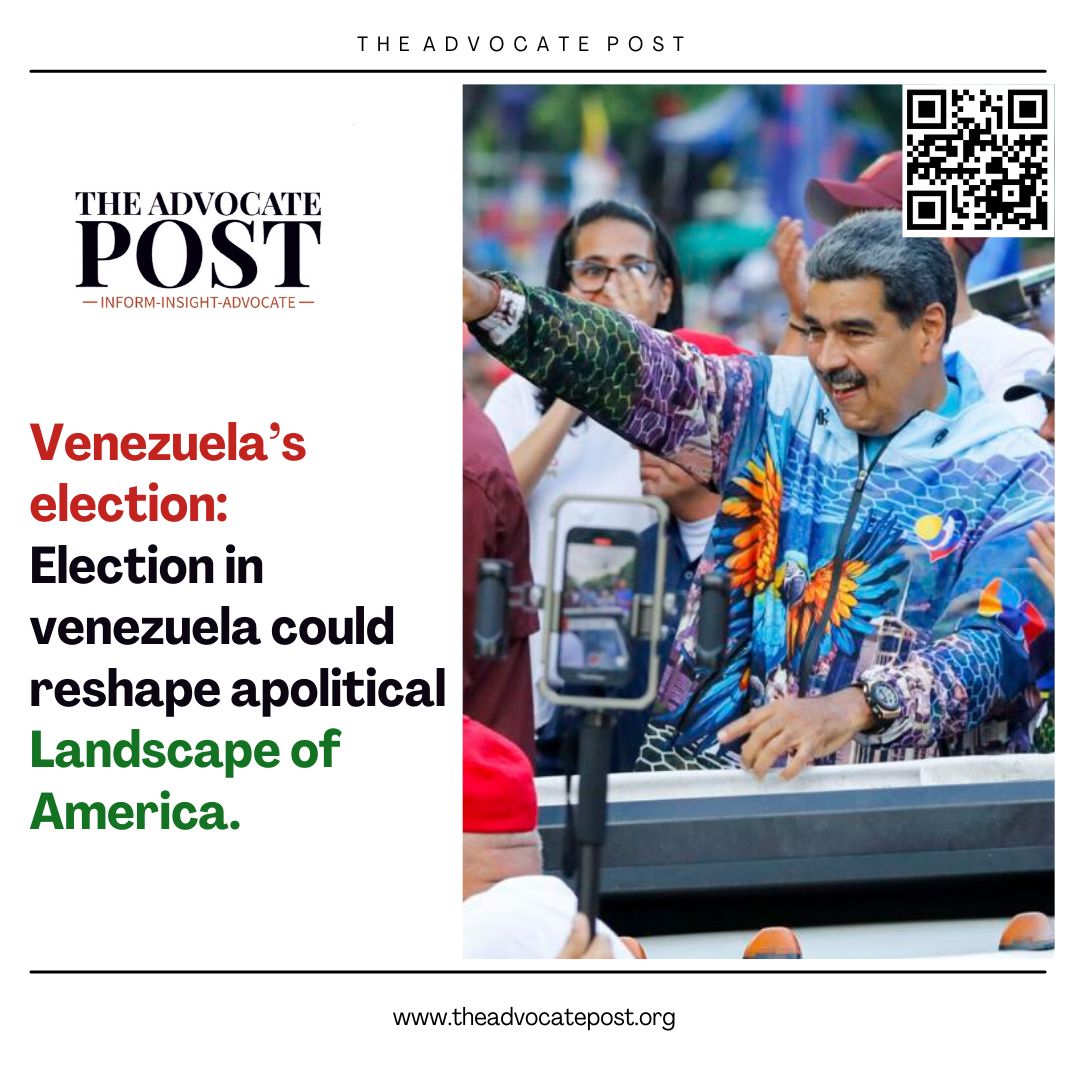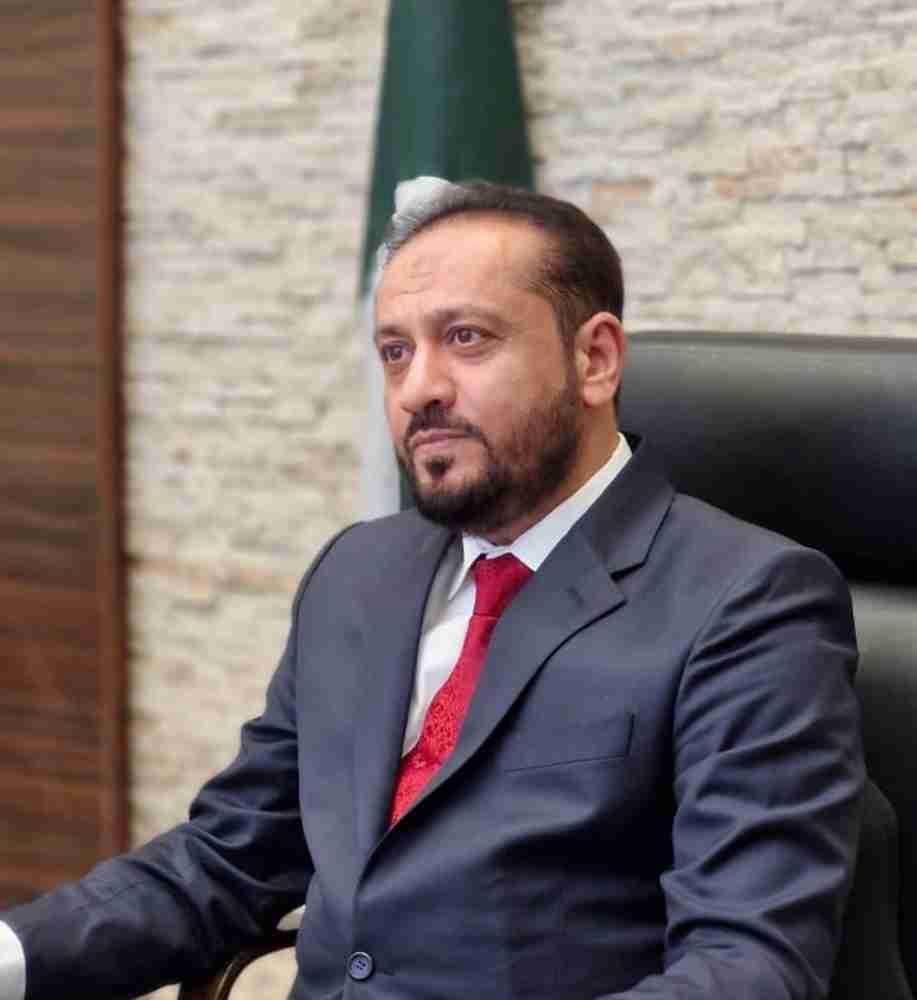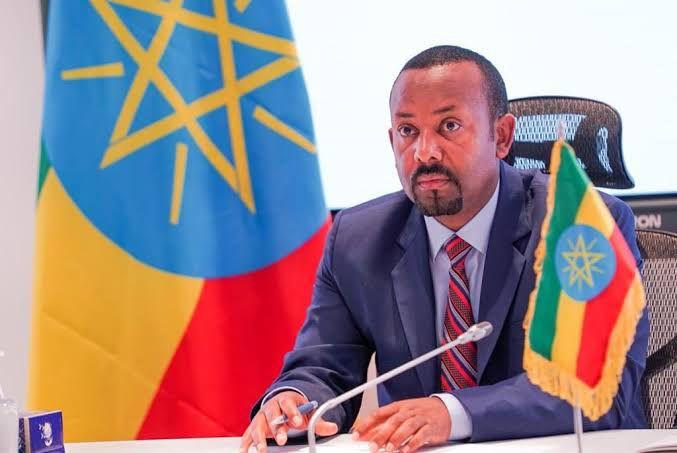News Desk
The Advocate Post: It would be easy to dismiss this Sunday’s presidential election in Venezuela as a fait accompli. The country’s opposition movement is challenging Nicolas Maduro, a strongman who has ruled Venezuela since 2013 and has made clear he intends to keep doing so – saying last week that if he were not re-elected, Venezuela might face a “bloodbath”
All of Venezuela’s public institutions are under the control of Maduro’s government, which has been accused of manipulating vote counts in the past. One such instance occurred in 2017, when election officials momentarily declared the opposition had won a gubernatorial contest before overturning their decision to support the government candidate. This incident is widely considered to be a clear case of electoral fraud.
According to a recent report by the local NGO Laboratorio de Paz, since the election campaign officially kicked off on July 4, there have been over 70 arbitrary detentions in the lead-up to this election.
Nevertheless, these days in Caracas, unpredictability is the norm. The opposition campaign has revitalized its supporters, and Edmundo González’s candidacy has garnered a lot of support both domestically and internationally. Most people agree that Maduro’s administration is in for the most challenging election cycle in the previous 25 years. High stakes apply both domestically and internationally.
A chance to rebuild Venezuela’s economic power
In his weekly podcast on July 8, AsdrubalOliveros, the founder of the Caracas firm Ecoanalitica, stated, “On the ballot is how long it’ll take to fix Venezuela’s economy.”
Under Maduro, wealthy The worst economic collapse in a nation during peacetime has occurred in recent memory in Venezuela. According to IMF data, Venezuela’s economy, which was once the fifth-largest in Latin America, has shrunk to the size of a medium-sized city, less than Milwaukee, for example.





